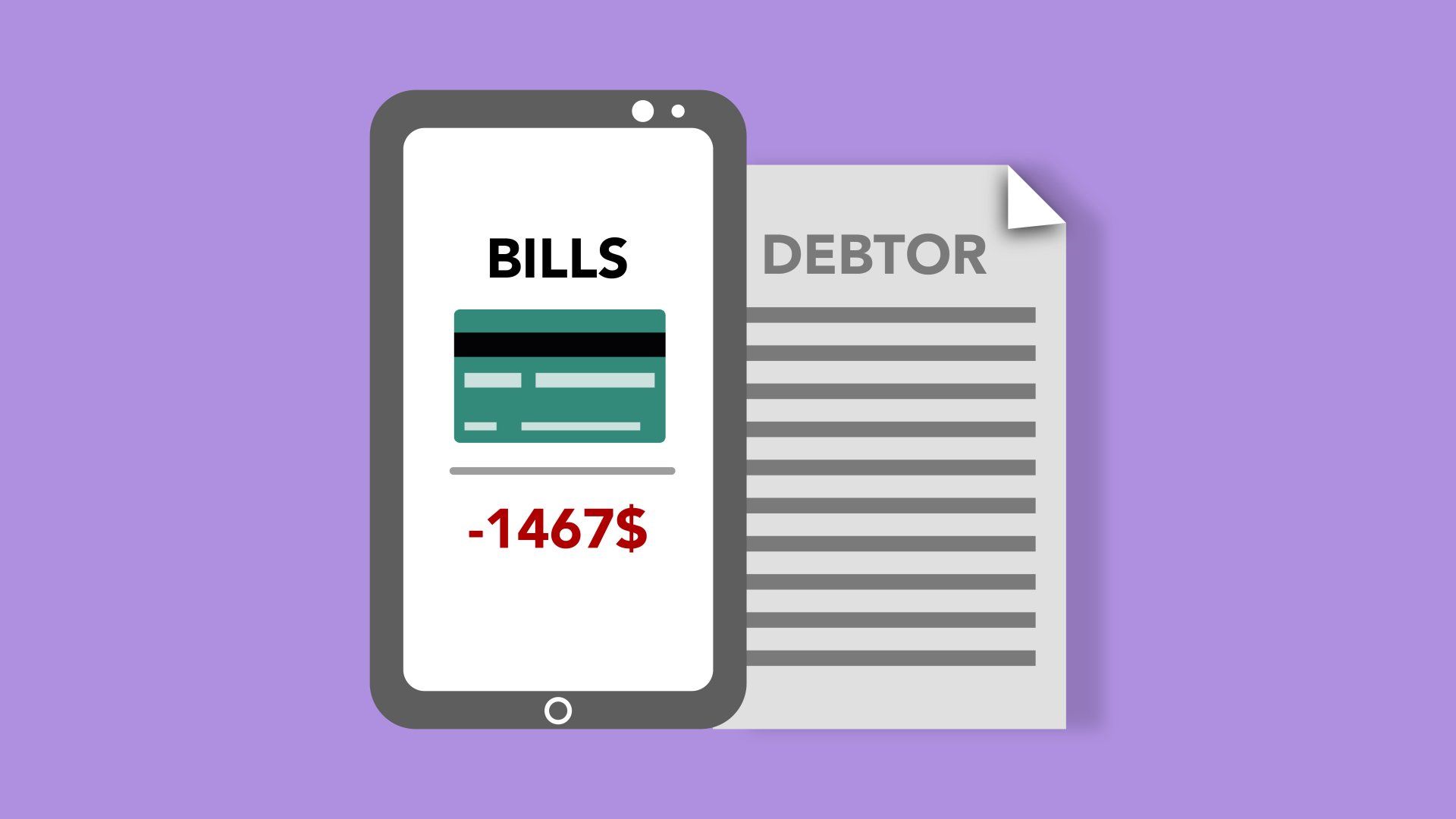Five Cures for Living Paycheck to Paycheck
KaSei' C. Foster • April 11, 2023
This is a subtitle for your new post

Have you ever felt like you’ve experienced that old saying of having “too much month at the end of the money?” If so, these simple solutions could be for you!
- Get Organized: List all your fixed and variable expenses along with your debts (credit cards, mortgages, car loans, school loans, etc.) and any fixed or foreseeable expenses. Everyone’s situation is different and there is no right way to organize your finances, but without some planning and organization, an unexpected expense can wreak havoc on a household that is merely gliding by paycheck to paycheck.
- Track Your Spending: Keep note of what you’re currently spending your money on. A $10 expense once a week may not seem very noticeable, but when you’re spending over $500 a year, then you may determine that money is better being saved or paying off debt.
- Stop Unnecessary Spending: Cut out frivolous spending where you can. If it isn’t essential, chances are you don’t need to have it. By working off a budget and tracking your expenses, you’ll see how much you’re paying for non-essential expenses, such as subscription services, ordering take out, or entertainment purchases.
- Live Frugally: Scale back on your flexible essential expenses and find ways to stretch how far your money goes. Here are some ideas: switch to a cheaper cell phone plan, downgrade your internet service, stop eating out and cook at home, choose generic over name brands, turn off lights and other electronics, and cancel subscription services you don’t use often.
- Set an Achievable Goal: Setting individual goals can help motivate you to save. Some different types of goals are creating a budget, paying off debt, creating an emergency fund, saving for retirement or for a short-term goal, building good credit. Defining and mapping out ways to achieve your goals makes reaching them easier.
